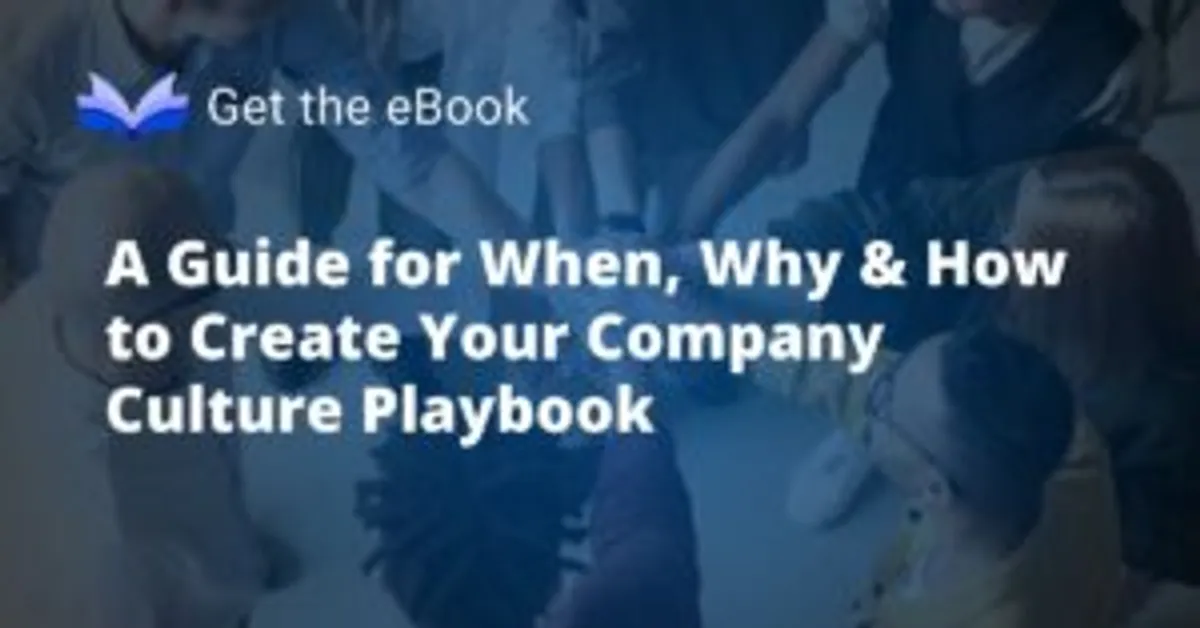
Using Culture to Your Company’s Advantage
Anthony Klotz, a professor at Texas A&M University who studies resignations and coined the term in May of last year, spotted several trends, including a backlog of resignations from 2020 and burnout among white-collar workers, that signaled a wave of departures. “Despite everyone wanting to rename it, it hangs on. This is more than a pleasant reshuffling of jobs.” For this reason, your company culture playbook is important.
And, we’re likely to still see a lot more of it. Quit rates have risen every year since 2010 but broke all records in mid-2021 (SHRM), with 1 in 4 people actively searching for a new job (Workplace Health). Of the workers actively looking,
- 80% are concerned about their career advancement (WSJ)
- 72% say the pandemic caused them to rethink their skill sets (WSJ)
With turnover high, retention down, and a swell of workers both actively and passively looking for opportunities that better fit their professional and personal priorities, it’s become difficult to stand out as an employer.
That’s why many are turning to their cultures to build their brands and set themselves apart. As organizations vie to become an employer of choice, building, communicating, and promoting the kind of culture that empowers employees to do their best work is the newest and most important weapon in helping companies attract, retain, and engage employees. That means, it’s time for a Culture Playbook.